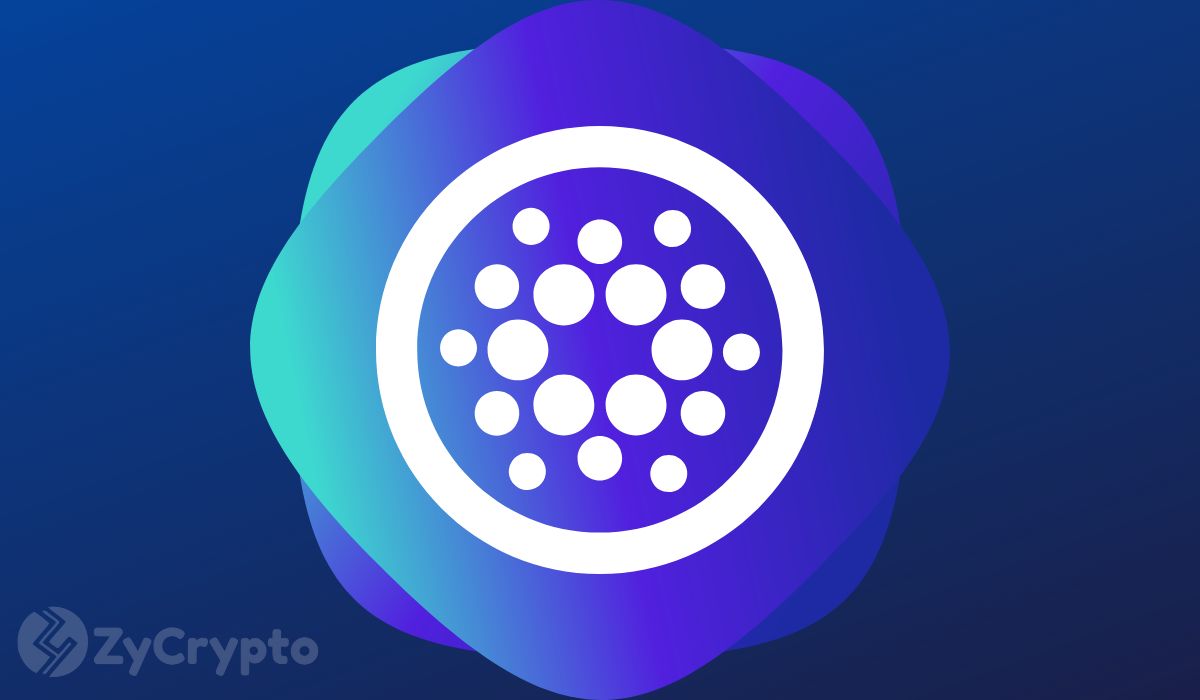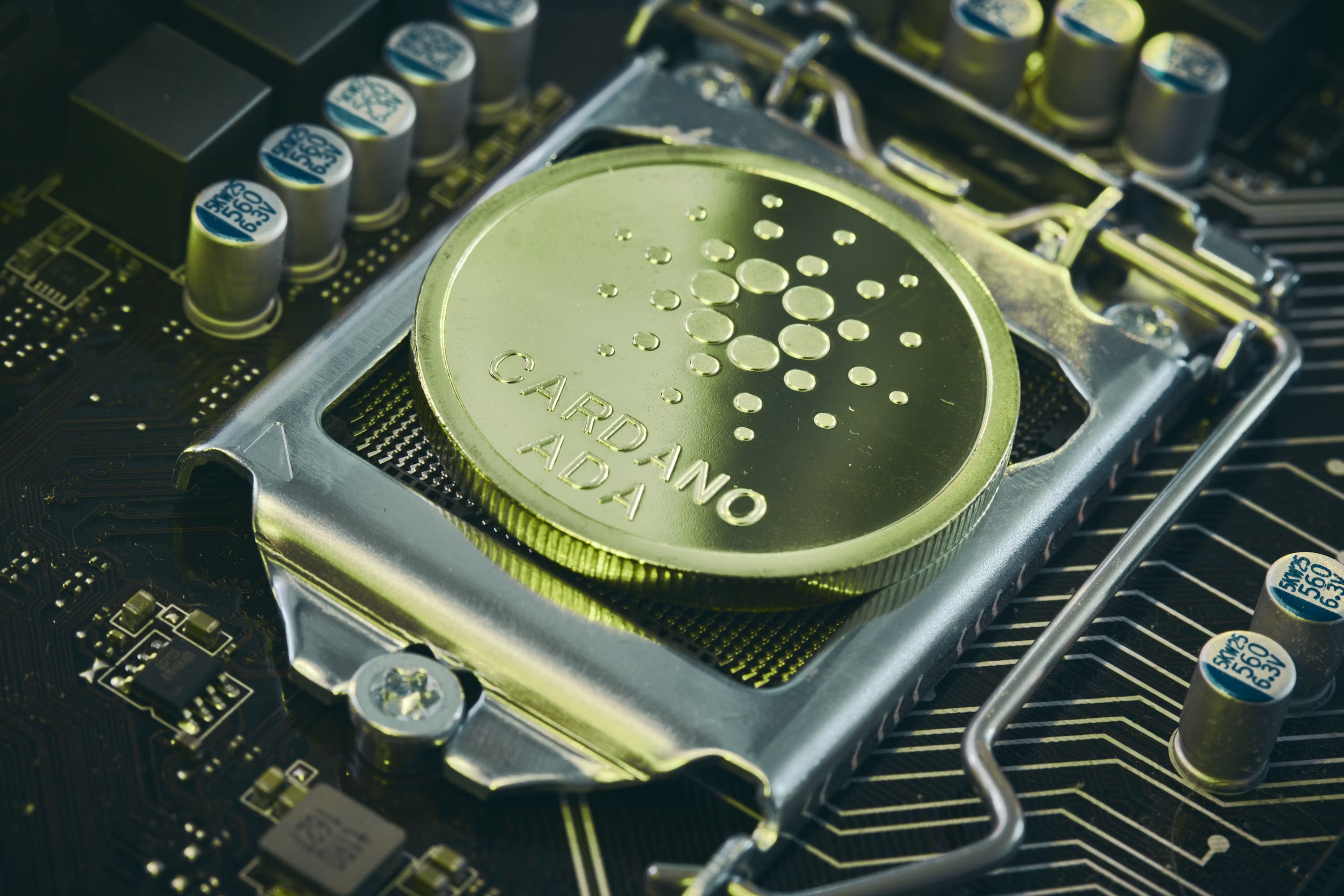Cardano Vs Bitcoin : How is Cardano Different From Bitcoin?
Key Takeaways Cardano aims to revolutionize finance with scalability and eco-friendliness, while Bitcoin seeks to establish decentralized peer-to-peer transactions. Cardano's PoS offers...

Key Takeaways
- Cardano aims to revolutionize finance with scalability and eco-friendliness, while Bitcoin seeks to establish decentralized peer-to-peer transactions.
- Cardano's PoS offers energy-efficient token creation, contrasting with Bitcoin's energy-intensive PoW, showcasing their environmental differences.
Cardano and Bitcoin are both digital currencies, but also have unique variations in their structure, objectives, and technological features. Although they both use blockchain technology, they vary in several ways.
By understanding these distinctions, you can make informed choices about which cryptocurrency best fits your objectives and preferences. Let’s examine the specifics and investigate the main distinctions between the two digital assets.
Cardano Vs Bitcoin : Purpose and Vision
Cardano seeks to revolutionize the financial industry by providing a scalable and environmentally friendly platform for decentralized applications (dApps) and smart contracts. The creator of Cardano, Charles Hoskinson, sees it as a comprehensive ecosystem that aims to empower people and organizations globally. The main emphasis is on combining regulatory compliance, scientific philosophy, and cutting-edge technology to establish a secure and adaptable blockchain network.
The mysterious Satoshi Nakamoto introduced Bitcoin, the initial decentralized cryptocurrency. Its main goal is to function as a digital currency for peer-to-peer transactions, enabling individuals to make direct transactions without the need for third parties. The primary objective of Bitcoin is to establish a financial system that is open and resistant to censorship, free from control by any centralized authority. It changed the idea of scarcity in the digital realm by introducing the notion of a finite number of coins, achieved through the mining process.
Consensus Mechanism
So, how does Bitcoin work? Bitcoin uses the Nakamoto Consensus, a Proof-of-Work (PoW) system, to establish agreement among network members. Miners engage in competition to solve intricate mathematical challenges, with the winner being able to append the following block to the blockchain. This procedure demands significant computational power as well as energy consumption. Although Proof-of-Work has shown security, it has faced backlash for its environmental consequences stemming from high energy consumption

Cardano uses a unique method for token creation, given that it operates as a proof-of-stake digital currency. The distribution of rewards to miners is accomplished through the utilization of the Ouroboros consensus system. In this arrangement, the platform selects slot leaders. The leaders will verify blocks for the chain in every time slot. Cardano needs a small number of slot leaders in every period, and there is a decreased necessity for using higher-grade or costly materials during mining.
Scalability
Cardano was created with scalability as a priority, incorporating a layered architecture. The Cardano Settlement Layer (CSL) manages ADA transactions, while the Cardano Computation Layer (CCL) enables smart contracts and dApps. This division enables Cardano to enhance or improve each layer separately, avoiding congestion and bottlenecks. Moreover, Cardano also includes a consensus mechanism known as Hydra that is designed to further enhance scalability.
On the flip side, Bitcoin has encountered issues with scalability because of its restricted block size and block time. During periods of high demand, the network may experience congestion due to the limited number of transactions that can be accommodated in each block. This scenario frequently leads to increased transaction costs and extended confirmation durations. Several proposed solutions, like the Lightning Network, aim to resolve this problem, but are currently in the early phases of development
Smart Contracts and dApps
Cardano stands out for its ability to support smart contracts, which are contracts that can execute themselves based on predetermined conditions. Cardano provides two programming languages, Plutus and Marlowe, for creating smart contracts. Plutus is a versatile coding language, much like Ethereum’s Solidity, enabling developers to create intricate and personalized dApps. On the contrary, Marlowe is tailored for developing financial contracts with predetermined templates and easy-to-use interfaces.
Bitcoin, in its purest form, lacks the built-in smart contract capabilities that Cardano possesses. Although Bitcoin’s scripting language enables simple conditional transactions and multisig wallets, it does not provide the same extent of features as Ethereum or Cardano. Nevertheless, advancements such as Rootstock (RSK) have been created as sidechains to allow smart contract capabilities on the Bitcoin network, although sacrificing some decentralization
Governance
Cardano’s approach to governance focuses on a decentralized process for making decisions. It utilizes the Cardano Improvement Proposal (CIP) system, in which stakeholders can suggest alterations or enhancements to the network. These suggestions go through a voting stage, enabling the community to determine their adoption. Furthermore, the Cardano Foundation, IOHK, and EMURGO contribute significantly to research, development, and adoption, promoting a collaborative and transparent decision-making process.
Bitcoin also has a decentralized governance structure, placing a strong emphasis on development driven by the community. Anyone has the ability to participate in the Bitcoin codebase, and crucial choices are determined based on general agreement. The development process is led by the Bitcoin Core Development team, which is made up of a team of skilled developers. Nevertheless, coming to an agreement on controversial alterations may prove difficult and result in varying viewpoints among the community.
Energy Efficiency
Bitcoin operates on a proof-of-work system, requiring miners to use significant computing power and electricity to validate transactions. This has led to concerns about its environmental impact due to its energy-intensive nature. Bitcoin’s annual energy consumption is estimated to be 137.68 TWh
In contrast, Cardano utilizes a proof-of-stake system that allows users to stake their coins for transaction validation, resulting in significantly lower energy consumption. It is positioned as a greener alternative to Bitcoin, with Cardano’s standing at only 2.602 GWh, making it approximately 214,672 times more energy-efficient.
Tokenomics
Bitcoin’s BTC value could potentially rise in the future due to its limited supply of 21 million coins, which creates a sense of scarcity.
Cardano’s ADA also has a capped supply of 45 billion coins. Variations in supply may impact both the price and usage of every cryptocurrency.
Conclusion
Bitcoin is mainly a digital currency used for transactions and payments. Cardano is both a cryptocurrency and a blockchain platform providing various features including dApps and smart contracts. With its PoS consensus mechanism, Cardano intentionally aims to be more scalable and energy-efficient than Bitcoin’s PoW. The difference existing between Cardano and Bitcoin showcases how blockchain technology continually changes, and the various applications it can support.
Delegate Your Voting Power to FEED DRep in Cardano Governance.
DRep ID: drep12ukt4ctzmtf6l5rj76cddgf3dvuy0lfz7uky08jfvgr9ugaapz4 | We are driven to register as a DRep by our deep dedication to the Cardano ecosystem and our aspiration to take an active role in its development, ensuring that its progress stays true to the principles of decentralization, security, and community empowerment.DELEGATE VOTING POWER!






